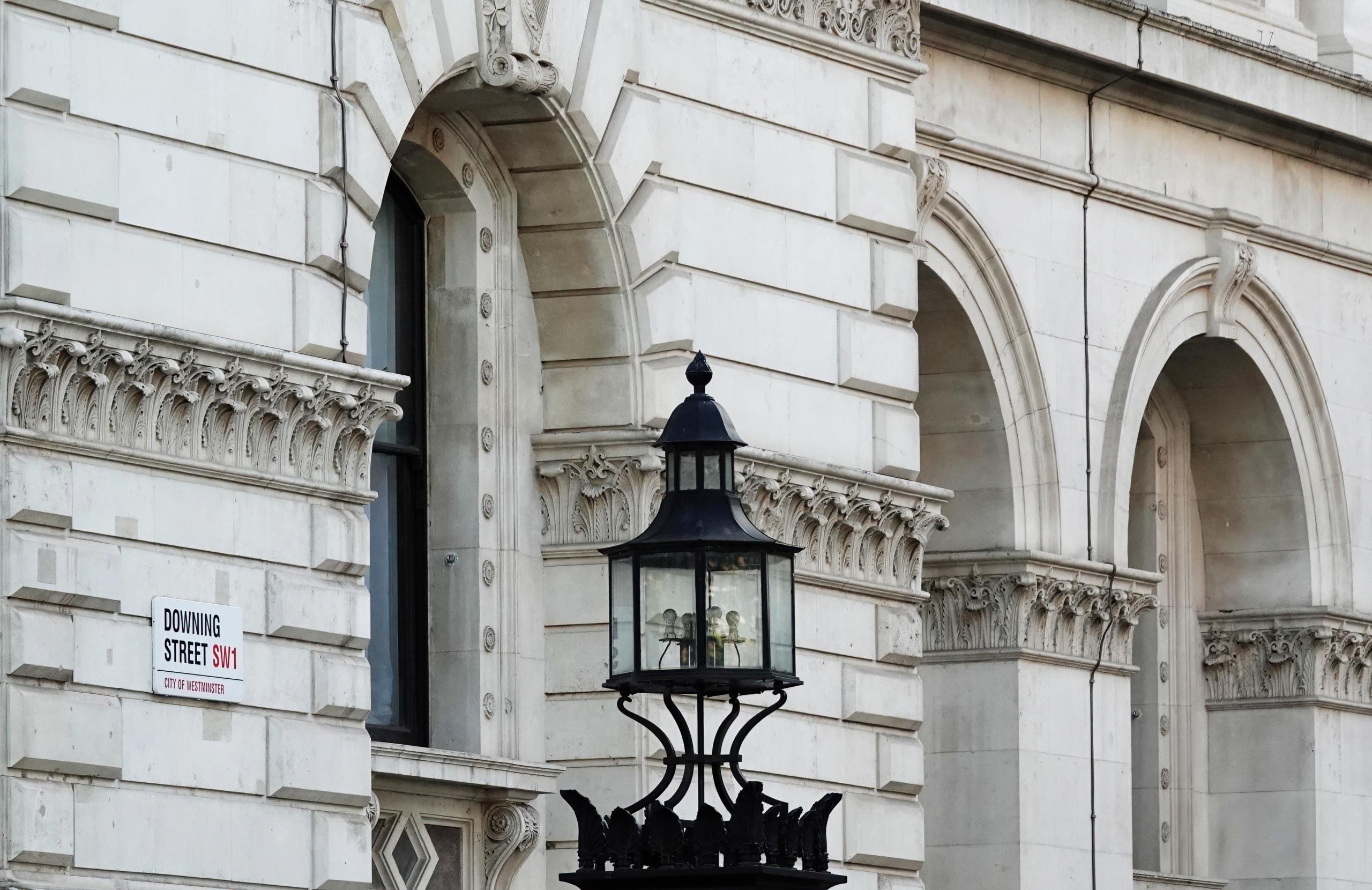
How not to handle investigations and inquiries
This week, the House of Commons Privileges Committee published their 106-page Partygate report, finding that ex-PM Boris Johnson repeatedly misled the House.
The Committee was forced to make some last-minute edits to their report, after Johnson broke the usual confidentialities and accused the committee of being a kangaroo-court in opinion pieces just days before the report publication. The Committee noted that Johnson had attempted to undermine their work, finding he was complicit in the campaign of abuse and attempted intimidation of members.
Many have already observed that Johnsons behaviour is just the latest example of dead cat PR Ã la Crosby, a desperate attempt to rally allies in the face of an excoriating report. More broadly though, Johnsons tactics over the past week raise important questions regarding behaviour and composure when facing an internal or regulatory investigation. Is it ever advisable to complain publicly about investigators integrity? Should bodies under investigation pre-empt negative findings with proactive press?
While it might be tempting to air your grievances, it would be unwise to draw your strategy from Westminster. Politicians can get away with a lot, but attacking official investigations is fraught with risk even Johnson has found that criticising the Committee has only strengthened their resolve.
Most inquiries and regulators command a great deal of respect and authority from the public and stakeholders. Johnsons strategy is a product of close friendships with the conservative press and decades of scurrilous and vociferous bombast, neither of which most organisations under investigation can rely upon were they to wage war on an inquiry.
If you feel compelled to comment during an inquiry, it is imperative to avoid using inflammatory language, making personal remarks or criticising the impartiality of the process. Complaints about an investigative process should be made promptly rather than as an afterthought and should be made through official channels rather than via media. In the rare circumstances where a media intervention is warranted while an investigative process in underway e.g. in cases of obvious corruption, failure to consider evidence, or failure to stay within the terms of reference a statement should be brief and formal.
Its also worth noting that dead cats rarely work for anyone other than politicians. Johnson isnt speaking to customers, service users, or suppliers; hes on a soapbox speaking to voters, who are constantly bombarded with political scandal, raging rhetoric, and U-turn after U-turn. When organisations are under scrutiny, stakeholders want to see concerns and complaints being taken seriously, and energies focused on getting things back on track.


